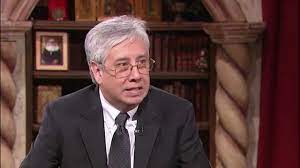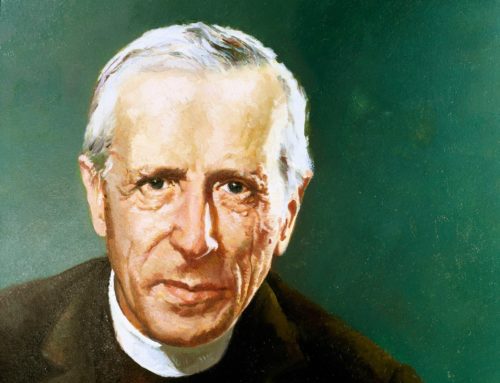This One Abortion Story Changed Medicine Forever, But Pro-Lifers Hardly Talk About It
March 28, 2024
The growing use of aborted fetal cell lines in medical research has been largely ignored by Catholics and the pro-life movement.
By Dr. Alan Moy and Jay Kamath
Editor’s note: This article by Catholic Medical Association-USA member Dr. Alan Moy originally appeared in The Federalist and is partially reprinted on CMA website with permission. Dr. Moy is co-founder and president of Cellular Engineering Technologies, a biotechnology company that manufactures stem cells. In 2006, he founded the John Paul II Medical Research Institute, a research organization devoted toward the application of adult stem cells for treating orphan diseases, neurodegenerative diseases, cancer and other unmet medical conditions. He is board certified in internal medicine and pulmonary medicine.
At the March For Life rallies and events, the pro-life community and representatives from various churches gather to protest the practice and legality of abortion. While the pro-life movement and the Catholic Church proclaim the dignity of every human life by confronting the practice of abortions, there has been a lack of similar zeal from those organizations to address the exploitation and continued and growing use of aborted fetal cell lines and tissue in biomedical research.
The scope of this problem has been largely ignored by the pro-life movement and the Catholic Church, which will negatively affect religious consumers and health care providers and likely end the Catholic identity of the Catholic hospital system.
Collecting the HEK293 Cell Line
Among the 60 million unborn children that have been aborted, there is one abortion that has changed medicine forever. In 1970, Dr. Frank Graham, a scientist at the University of Leiden in the Netherlands, successfully cultured a cell line that changed the course of medical research. The cell line was manufactured from the kidney cells of a first-trimester electively aborted female child whose parents were unknown.
It is likely that informed consent from the parents was never obtained given the era in which this tissue was harvested. That cell line received the abbreviated name HEK293, which stands for human embryonic kidney. The 293 designation refers to the number of attempts required to create this immortalized cell line. Unfortunately, this sad story does not end in a lab in the Netherlands in the 1970s.
Fifty years later, the HEK293 cell line represents the backbone of countless therapeutics, diagnostics, and research reagents, which generate billions of dollars for the biopharmaceutical industry. Some Catholics and pro-life Christians were largely unaware of the true nature of the HEK293 cell line until recently when they discovered how it was used in the development of the COVID-19 mRNA vaccines.








